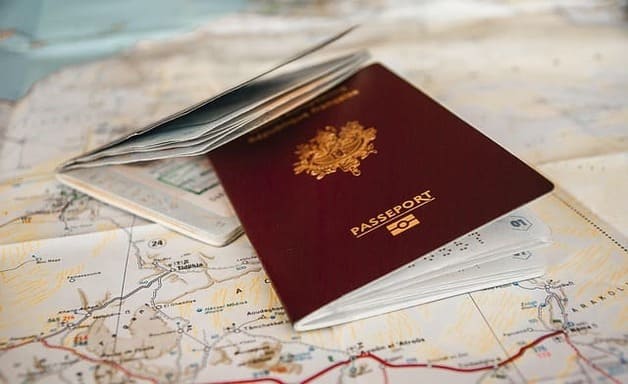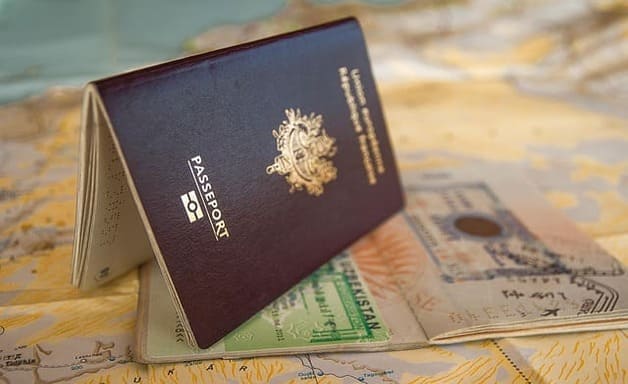
If you have 2 or more passports it’s essential that you’re aware of how this could affect you at border control and with entry forms like the ED card for Aruba.
This page is designed for dual citizens planning to visit Aruba. It covers entry requirements, visa rules, and choosing the right passport.
Do Dual Nationals Need to Complete the ED Card?
Yes. All travelers entering Aruba by air must apply the ED Card online, including dual nationals.
Even if both your nationalities are visa-exempt, you’re still required to fill out the form before boarding your flight.
You only need to complete one ED Card per person, not one per passport. That means you must select one of your passports to travel with and use it for the ED Card, flight booking, and entry.
The system does not allow you to list more than one nationality. You need to choose one and stick to it throughout your trip.
Choosing Which Passport to Use for Aruba
The passport you choose can affect whether you need a visa, how long you can stay, and how smoothly you’ll get through immigration.
Here are a few questions to guide your decision:
- Does one passport require a visa while the other is exempt?
- Is one passport more recent or has fewer travel stamps?
- Does one passport allow a longer stay?
Example scenarios:
- U.S. and Venezuelan passport: Venezuelan citizens need a visa to enter Aruba, while U.S. citizens do not. It’s easier to travel on your U.S. passport.
- Dutch and Colombian passport: Dutch citizens can enter Aruba with full rights. Colombians need a visa. Using your Dutch passport will simplify the process.
- EU and Brazilian passport: Both passports allow short stays visa-free, but if your Brazilian passport is expired or damaged, use your EU one instead.
Always check current visa rules for Aruba before making a decision as entry conditions can change.
What If You Present Both Passports in Aruba?
At immigration, you can only present one passport.
The ED Card must match the passport you show at the Aruba border. Mismatched information can cause delays, questioning, or even denial of entry.
If you use a certain passport to fill out the ED Card but show a different passport on arrival, the system will flag an inconsistency. You may be asked to redo the form or clarify your situation with border officials.
Practical tip: Double-check the passport number and issuing country when filling out your ED Card. They must match exactly what’s on your passport’s info page.
Can You Switch Passports After Arrival in Aruba?
No. Aruba requires you to both enter and leave the country using the same passport. You cannot use one passport to arrive and the other to depart.
This also applies to your flight reservation. If your airline booking was made with your second passport, update it before traveling. Otherwise, you may face problems at airport check-in or security.
Additional Aruba Travel Tips for Dual Citizens
Planning your trip with more than one nationality in mind can help you avoid issues and make the most of your flexibility. Here are a few tips:
- Bring both passports: Even if you only use one in Aruba, carrying both can help if your travel plans change or if you transit through a country where one passport is more favorable.
- Use the same passport throughout your trip: The one you use for your ED Card should also be used for booking flights, entering Aruba, and leaving the country.
- Check re-entry rules for your other nationality: If you’re returning to your home country, be sure to carry that passport with you.
- Be consistent: Consistency between your ED Card, flight reservation, and passport reduces the risk of delays.
- Know your rights: Some nationalities offer consular protection abroad or tax benefits. Be aware of what each passport can offer.


